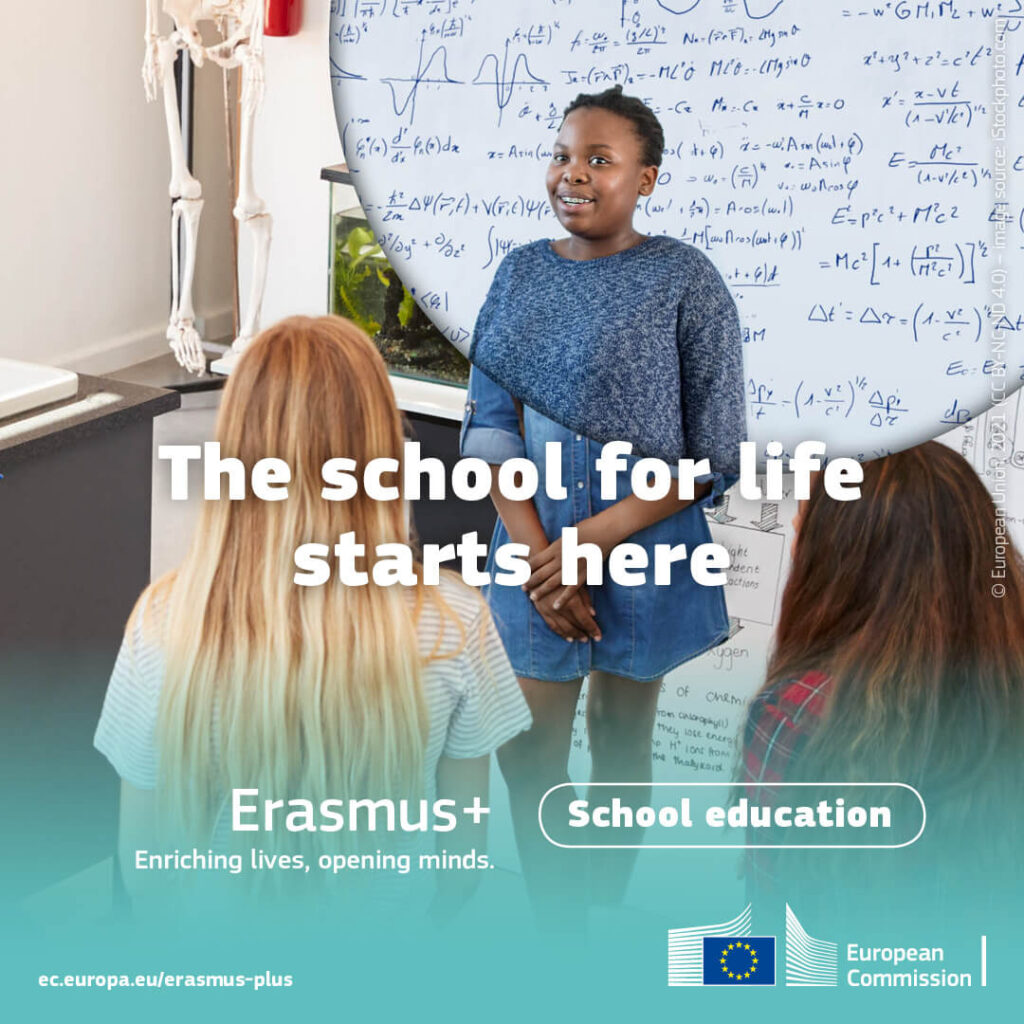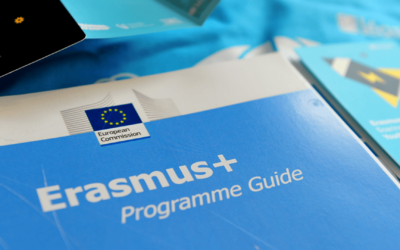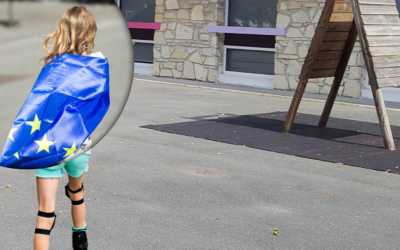There are lots of opportunities for schools and their staff and students to get involved in Erasmus+.
Schools and organisations working in the field of school education can receive funding from Léargas to:
- support the professional development of their staff members
- support the learning of students with mobility placements in other European countries
- build projects with like-minded schools and education organisations in other countries to exchange best practice and/or create innovative tools and methods for their field
What are the aims of Erasmus+ in School Education?
- Improve teaching or curricula, develop new ways of learning, and integrate technology in the classroom
- Promote inclusive education
- Tackle the problem of early school leavers
- Enable staff and students to collaborate with their peers in other countries
- Provide unique professional development experiences for school staff.
How does it work?
The types of projects and activities that can be funded by Erasmus+ in School Education are
- Mobility Projects (KA1)
- Partnerships for Cooperation (KA2)

Mobility Projects
Key Action 1 School Education Mobility projects support school students, teachers and school staff.
Schools at any level – from pre-school to post-primary – can receive funding for projects. You can open Europe to your students and provide professional development for teachers and other school staff through Erasmus+. Make the most of opportunities to exchange knowledge and working methods with your peers in other countries taking part in Erasmus+.
Possible activities include:
- Group mobility of school students (at least two per group)
- Teaching in a partner school
- Participating in courses or training abroad
- Job-shadowing in a partner school or other relevant organsation.
Download the list of eligible organisations.
For more details contact our Project Support and Development Team.
What is a partnership project?
A partnership project is one where an organisation works with other relevant groups across Europe to develop, transfer or implement innovative practices. Funding is available for Irish organisations, institutions, companies and research organisations that are active in Adult Education, School Education, VET or Youth. Examples of partnerships projects include:
- An Adult Education organisation working with expert organisations to develop an innovative training course
- A school working with other schools to develop its approach to digital learning
There are two types of partnership project:
- Cooperation Partnerships
- Small-scale Partnerships
Cooperation Partnerships
Cooperation Partnerships aim to:
- Increase quality in the work, activities and practices of the organisations and institutions involved
- Build capacity of organisations to work transnationally and across sectors
- Address common needs and priorities in the fields of education, training and youth
- Enable transformation and change, leading to improvements and new approaches at individual, organisational or sectoral level.
For more details contact the Project Support and Development Team.
Small-scale Partnerships
Small-scale Partnerships have similar aims to Cooperation Partnerships and are designed to widen access to Erasmus+. They are shorter and have simpler administrative requirements than Cooperation Partnerships. They aim to support:
- Grassroots organisations
- Less experienced organisations
- Newcomers to Erasmus+.
For more details contact the Project Support and Development Team.



